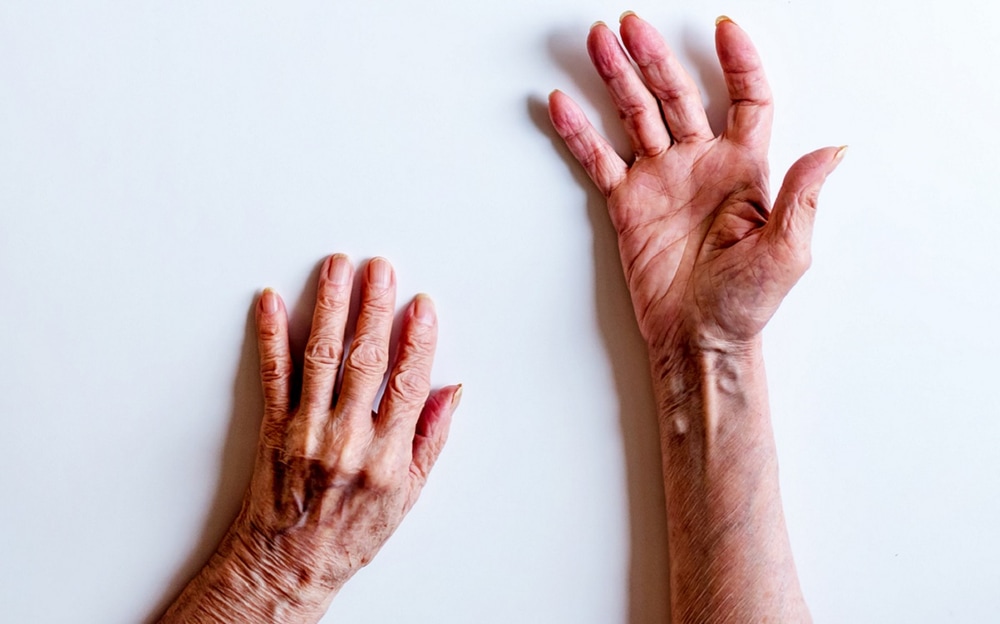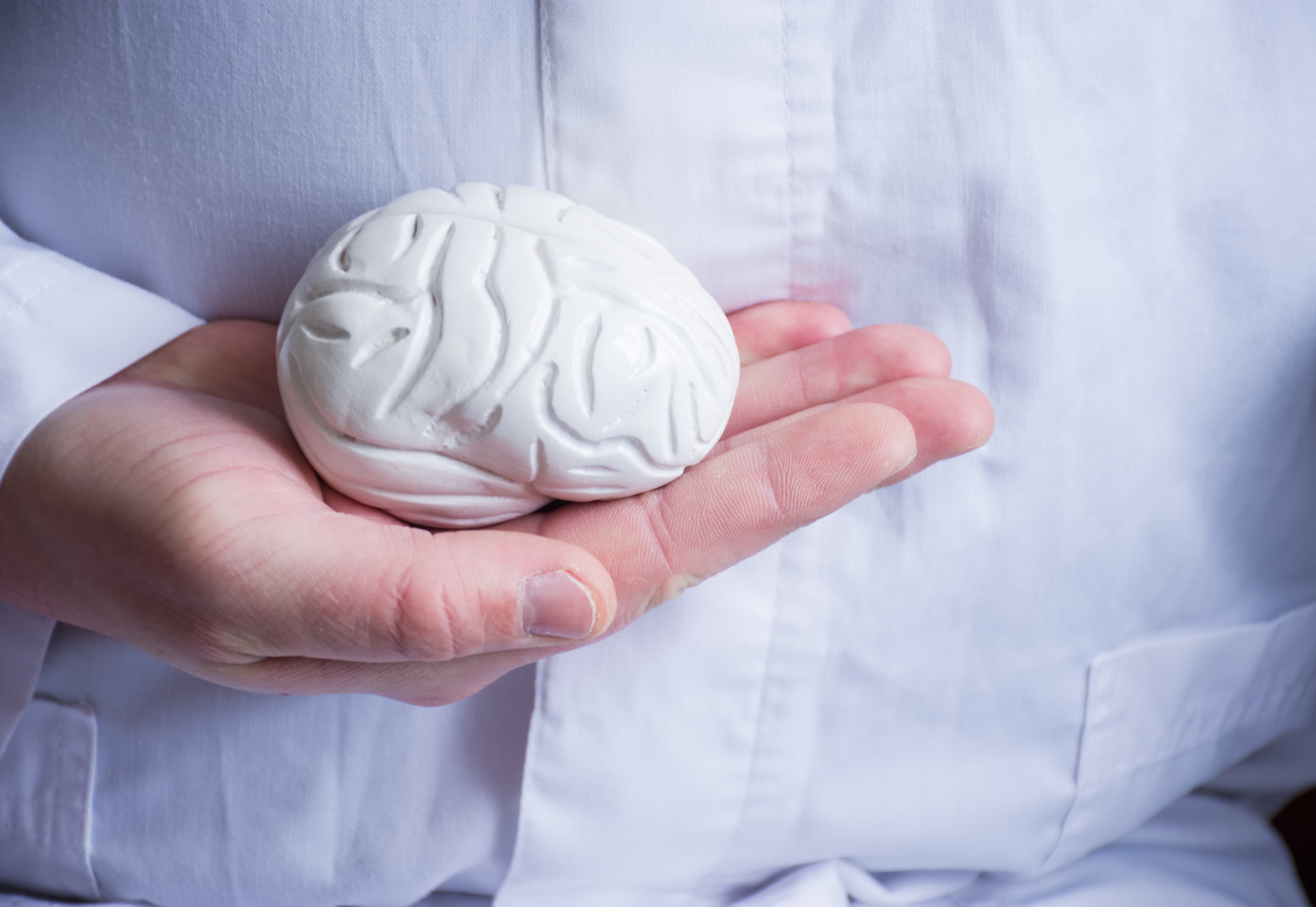Any part of the human body requires a stimulus or impulse to move or function. Usually, when you think about moving a limb, the electronic impulse is sent via neurons to the Central Nervous System (which consists of the brain and spinal cord) which determines and relays a response to a given muscle or gland. A lizard’s tail, for example, is able to move on its own even after being cut because of its own never plexus that can generate impulse (though only for a transient phase). For humans, however, whole limbs or even minor organs like fingers do not have any mechanism of generating their own impulses and are hence unable to function on their own.
Sometimes, you can experience involuntary movements, which are also known as muscle twitches. Your muscles can tighten up and contract involuntarily which results in twitches. The cause may be a side effect of any strong medication or treatment you might have started or it can also be anxiety, stress or lack of proper diet. Most of the time, these movements or twitches would go away in a few minutes or a few days. There is also another condition that can cause jerking of the legs during sleep. This is called “Periodic Limb Movement Disorder”, which is the only movement disorder that occurs during sleep. The movements are usually repetitive, and rhythmic and can occur every 20-40 seconds. This condition can occur at any age but tends to be much more common in middle-aged or older people.
However, in this article, I’d like to talk more about a condition where it seems like a limb, usually the left hand, has a mind of its own. In other words, today we will talk about the Alien Hand Syndrome.
What Is Alien Hand Syndrome?
 The brain is like a central computer that can control all the body’s functions – it controls what and how you think, feel, learn, and remember and the way you talk and move. But, there is a strange neurological condition in which the hand can become alien to your body and do things on its own, against your will.
The brain is like a central computer that can control all the body’s functions – it controls what and how you think, feel, learn, and remember and the way you talk and move. But, there is a strange neurological condition in which the hand can become alien to your body and do things on its own, against your will.
The Alien Hand Syndrome was featured in Stanley Kubrick’s 1964 film Dr. Strangelove and because of this, the medical condition is often referred to as Dr. Strangelove syndrome.
The Alien Hand Syndrome is a rare neurological disorder in which the hand moves without your control or awareness – it’s as if it is being controlled by someone else or it grew a mind of its own. This condition is often linked with involuntary limb movement and the term was first coined by Brion and Jedynak. As the name suggests, it’s usually the hands, especially the left ones, which are mostly affected.
 From a scientific standpoint, this happens because the two hemispheres of the brain are separated. This may be due to an incision along the corpus callosum –a section of the brain which divides the brain hemispheres and allows communication between both sides.
From a scientific standpoint, this happens because the two hemispheres of the brain are separated. This may be due to an incision along the corpus callosum –a section of the brain which divides the brain hemispheres and allows communication between both sides.
Several studies and brain scans revealed that people suffering from this condition have isolated activity in the primary motor cortex. This is thought to be due to damage in the parietal cortex –the area responsible for movement planning and control. With damage to this area, uncoordinated planning and spontaneous movement occur.
When a person is unable to recognize a limb as part of their own body, this can be quite distressing. But, this condition and its symptoms can vary from person to person. In mild cases, people can only feel like they have an extra hand. However, in more dramatic scenarios, the “affected” hand can undo whatever task the other hand does. For instance, if you are buttoning your shirt with the right hand, the left hand may work to unbutton it.


